
- Financial
- Lead News
Unbearable high price in daily commodities, consumers are the ultimate sufferers !
- Financial
- Lead News
- 09 September, 2020 10:54:51
News Desk: When the purchasing power of people in Corona has decreased, the prices of daily commodities have suddenly gone out of control. It's like a 'blow to the head'. Consumers are quite excited.
Because, at the moment, unbearable heat is rising in the prices of rice, pulses, flour, meat, vegetables, oil, onion, spices and other products. A situation that has arisen within a month. Of these, the prices of some products including onions have gone up by almost 100 percent. And no vegetables can be found below 50 rupees (per kg). In the current situation, people with low and limited income are facing the most problems.
Experts believe that there is no logical reason behind this unusual increase in prices. According to them, such a situation is being created mainly due to the manipulation of the old syndicate. Although the members of the syndicate were identified at different times, no exemplary punishment was taken against them.
As a result, they destabilize the market by creating an artificial crisis of daily necessities on various issues several times a year. And by taking the common people hostage, they took away thousands of crores of rupees in a short time.
Sources said that at least 15 syndicates were identified last year by various government agencies due to onion price manipulation. It was also found that one party was importing goods from Bangladesh at a higher price.
And the syndicate is exporting goods to Bangladesh from the countries from which it is being imported. That is, he who is an importer is an exporter. However, no visible action has been taken against these groups. As a result, they are making unnatural profits by raising prices again.
However, the traders are showing the previous excuse behind this price increase. They say the price of the product is rising for three reasons. This includes- Production of goods has decreased due to floods in different parts of the country including India. In Indo province, goods could not reach Dhaka due to the strike of onion workers and the closure of ferry crossings at Mawa Ghat. This has created a crisis in the market.
Asked about this, Commerce Minister Tipu Munshi said, "Prices of some products are going up." One of the reasons is the adverse effects of nature. He said the floods had destroyed vegetables in many places.
Somewhere the paddy has also been ruined. Due to this the supply of products is a bit less. None of us have a hand in natural disasters including floods. But we are trying to keep the price under control.
Government agencies including TCB are working. In addition, the winter season is coming. At this time new crops and vegetables will come. This will bring the price under control. Regarding the price of onion, he said, "Every year since October, the onion we produce starts to run out." Then we import. However, after India stopped exporting last year, we started importing onions from Turkey. The price will not increase that way.
If you want to know the international anti-corruption organization Transparency International of Bangladesh (TIB) Executive Director. Iftekharuzzaman said on Tuesday that the current market system is not for buyers, but for sellers.
This is happening because of the dishonest syndicate. Those who are dishonest businessmen, they are extremely influential. Neither the law enforcement nor the concerned authorities have the courage to take action against them. Again some of the authorities or law enforcement agencies are involved in the incident, beneficiaries.
That is why it has fallen into a vicious cycle. And ordinary people are being held hostage by this vicious circle. He said the key issue is lack of good governance, lack of transparency and accountability. No one has control here. If good governance is not ensured, commodity prices will not come under control.
According to the International Labor Organization (ILO) and the Center for Policy Dialogue (CPD), a private research organization, one crore people have become poor in Bangladesh due to corona.
In addition, the stagnation in economic activity has reduced the purchasing power of most people. And when these agencies are reporting such misfortunes, people are becoming helpless due to the abnormal prices of daily commodities in the midst of the crisis.
Consumer Youth Bangladesh (CYB) is a non-governmental organization working on consumer rights. When asked, the executive director of the company Palash Mahmud said, the old syndicate with onions has become active again.
He said that last year a gang kidnapped people and looted money through a syndicate of onions. Even after identifying them, no exemplary punishment was given at that time. That is why they have become active again.
On Tuesday, he visited Karwan Bazar, Nayabazar and Malibagh raw markets in the capital and talked to retailers.
Which was sold a month ago 42-44 rupees. Lentils (bardana) are being sold at Rs 75-7 per kg, which was Rs 7-80 a month ago. Open flour is 30-32 rupees per kg, a month ago it was sold at 25-26 rupees.
Among the edible oils, open soybeans have been sold at Rs 7-8 per liter, up from Rs 69-72 a month ago. Five-liter bottled soybeans sold for Rs 510, up from Rs 500 a month ago.
Nayabazar grocer said. Tuhin said the price of rice has been increasing so far due to the manipulation of millers. They have syndicated and increased the prices of all types of rice from the mill stage. That is why the price of rice has increased from wholesale to retail.
He said oil companies have re-rated. That is why we have to sell at a higher price. Talking to Ashiqur Rahman, an official of a private insurance company, at Karwan Bazar.
He said the government is campaigning to increase immunity by eating nutritious food due to corona. But in the current market situation, it is far from possible to increase immunity, it is difficult to survive by eating.
If you want to know the former caretaker government's financial adviser. AB Mirza Azizul Islam said that the way the prices of daily commodities are rising is beyond the purchasing power of the common man. This is not normal. According to him, if the price of goods goes up, one blames the other. However, it is the responsibility of the government to monitor the matter. He further said that in case of any manipulation, they should be identified and action should be taken.
On Tuesday, domestic onions were sold at Rs 70-75 per kg in different retail markets, compared to Rs 35-40 a month ago. As a result, the price of the product has increased by almost one hundred percent. Onions were sold at Rs 55-60 per kg, a month ago they were sold at Rs 30.
Domestic garlic was sold at 120 rupees per kg, a month ago it was sold at 90-95 rupees. Ginger has been sold at a maximum of Tk 240 per kg, up from Tk 160 a month ago. Cinnamon is being sold at Rs 500 per kg with an increase of Rs 50 per month.
Shankar Chandra Ghosh, a wholesale trader and importer in Shyambazar, said workers in Andhra Pradesh, India, were on a three-day strike to demand onion, which has reduced the supply of onions in the country's market. In addition, the transport of goods was hampered due to the closure of ferry crossings at Mawa Ghat.
Due to the low supply of onions in the market and the fact that at the beginning of the month many people come to the market to buy more than one product at a time after getting paid, the price of the product went up due to increased demand and low supply of onions.
However, last Sunday, 3,000 tons of onions arrived from India. As a result, the market will gradually return to normal, he said. According to him, retailers are manipulating more. They are selling at higher prices realizing the opportunity.
Bablu Kumar Saha, Director General of the National Consumer Rights Protection Department, said the department is conducting surveillance and awareness activities in the wholesale and retail markets of daily commodities across the country to protect consumer interests.
The country has adequate stocks and supplies of rice, potatoes, onions and other daily commodities. So if you manipulate daily commodities, the department will show zero tolerance.
On Tuesday, he visited various markets in the capital and talked to the sellers. Broiler chickens were sold at 125-130 rupees per kg, 120 rupees a month ago.
Among the vegetables, papaya was sold at Rs 45-50 per kg on Tuesday, compared to Rs 25-30 a month ago. Eggplant has been sold at 120-125 rupees per kg, a month ago it was sold at 70-80 rupees.
Ripe tomatoes have been sold at a maximum of Rs 130 per kg, up from Rs 60 a month ago. Carrots have been sold at 110-120 rupees per kg, a month ago they were sold at 60 rupees. On this day, the barbati was sold at 60-70 rupees per kg, a month ago it was sold at 45-50 rupees. Medium sized pumpkins have been sold for 60-70 rupees per piece, a month ago they were sold for 50-60 rupees.
Corolla was sold at 80-90 rupees per kg, a month ago it was sold at 50-55 rupees. Besides, potatoes have been sold at Tk 40 per kg, 25-30 rupees a month ago. Unusual price of raw pepper. At the beginning of the general holiday in April, the price of raw chilli was 20 rupees per kg. Until June, the price was around 50 rupees. At present it is being sold at 240-250 rupees.
Karwan market vegetable seller said. Liaquat said the supply in the country has decreased due to the floods. As a result, the prices of all kinds of vegetables are increasing now. Due to the floods, less goods are coming from India. As a result, the price of vegetables has gone up in the country's market.
Former Director General of Bangladesh Development Research Institute BIDS. MK Muzeri said that the interests of the consumers are harmed when the control of the market is lost in the hands of any individual group.
Therefore, in order to protect the consumers, the government needs to create a competitive environment to control the market. But that is not happening in the country. Some individuals and groups are controlling daily commodities. If they manipulate then the government has nothing to do.
He thinks there will be a free market economy; But this does not mean that traders will have the opportunity to do whatever they want. Although many countries in the world have free market economies, the government has control over them. This control system should be maintained in Bangladesh as well. For this, the monitoring capacity of the responsible institutions gives effective benefits in price control, for which it is necessary to increase the capacity of TCB. Otherwise, it seems difficult to protect the interests of the consumer in the context of the country.
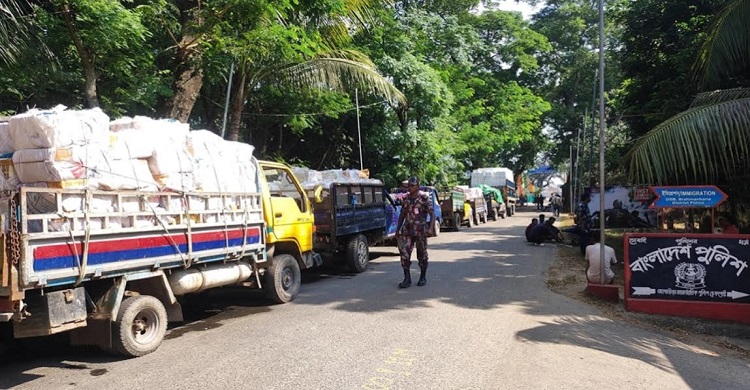

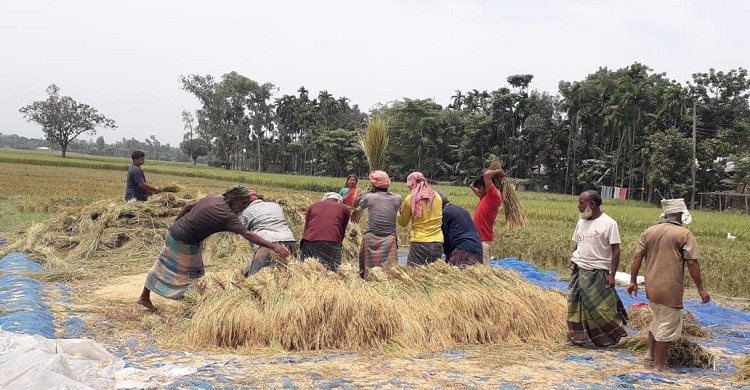

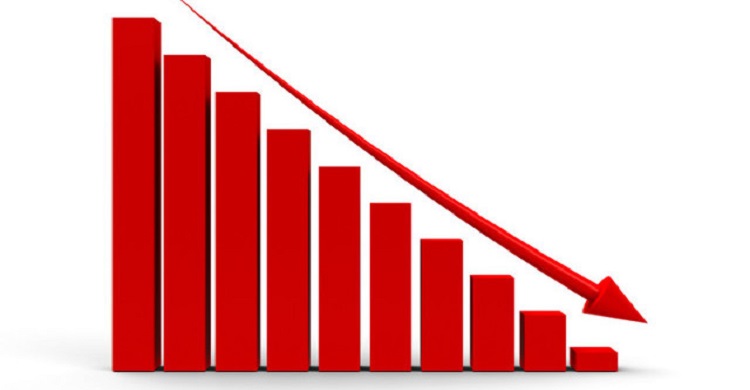


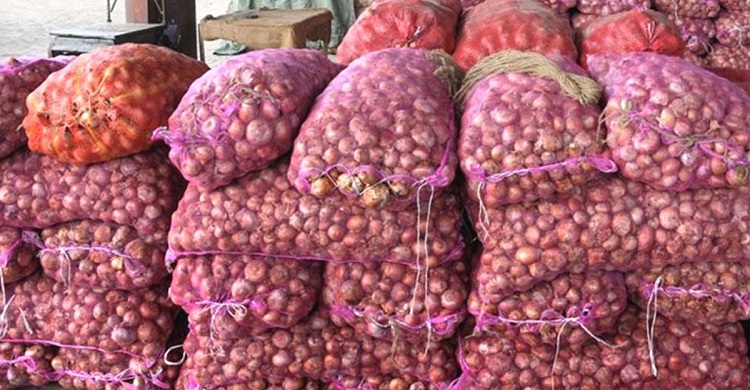
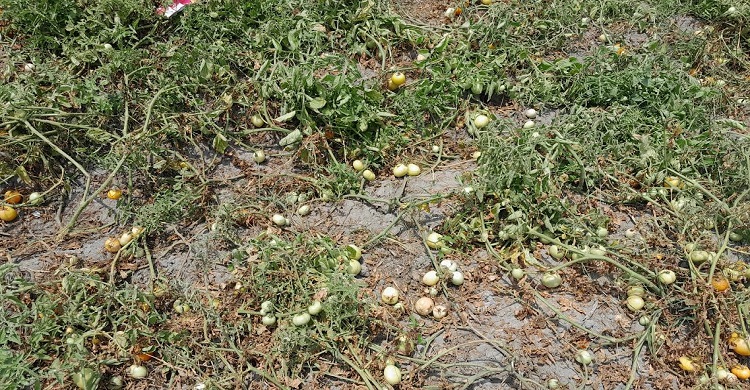





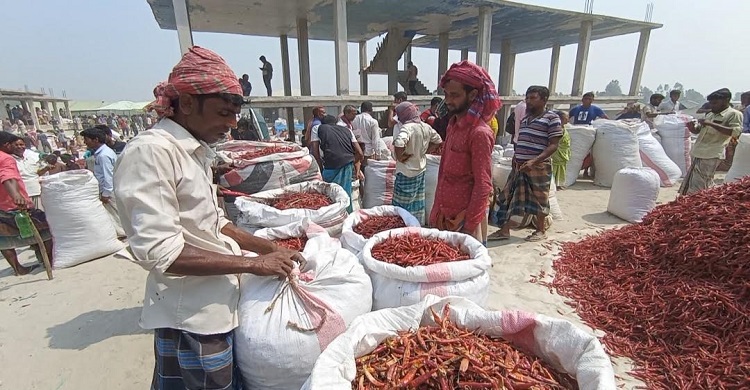

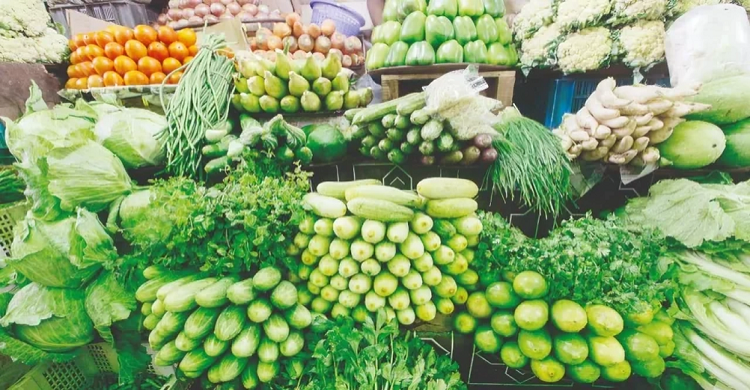











Comment ( 0)